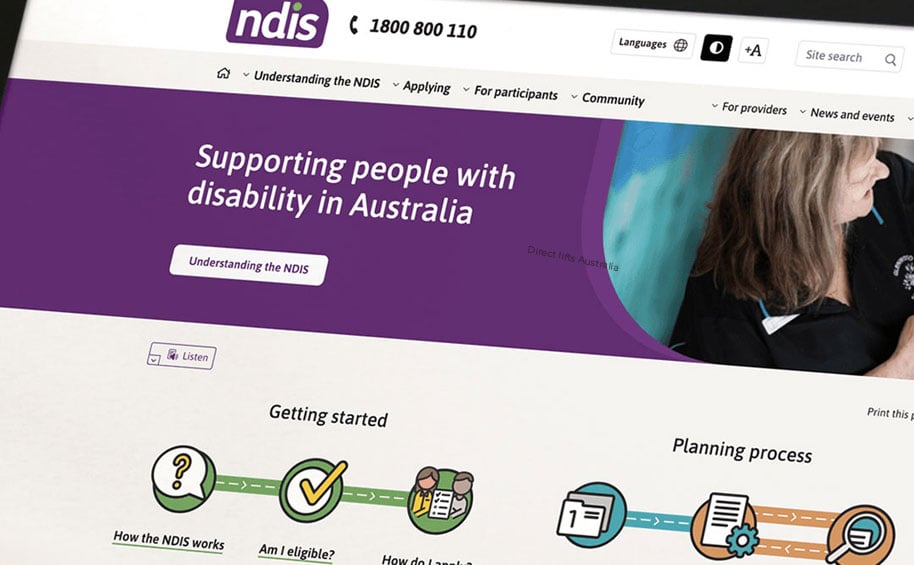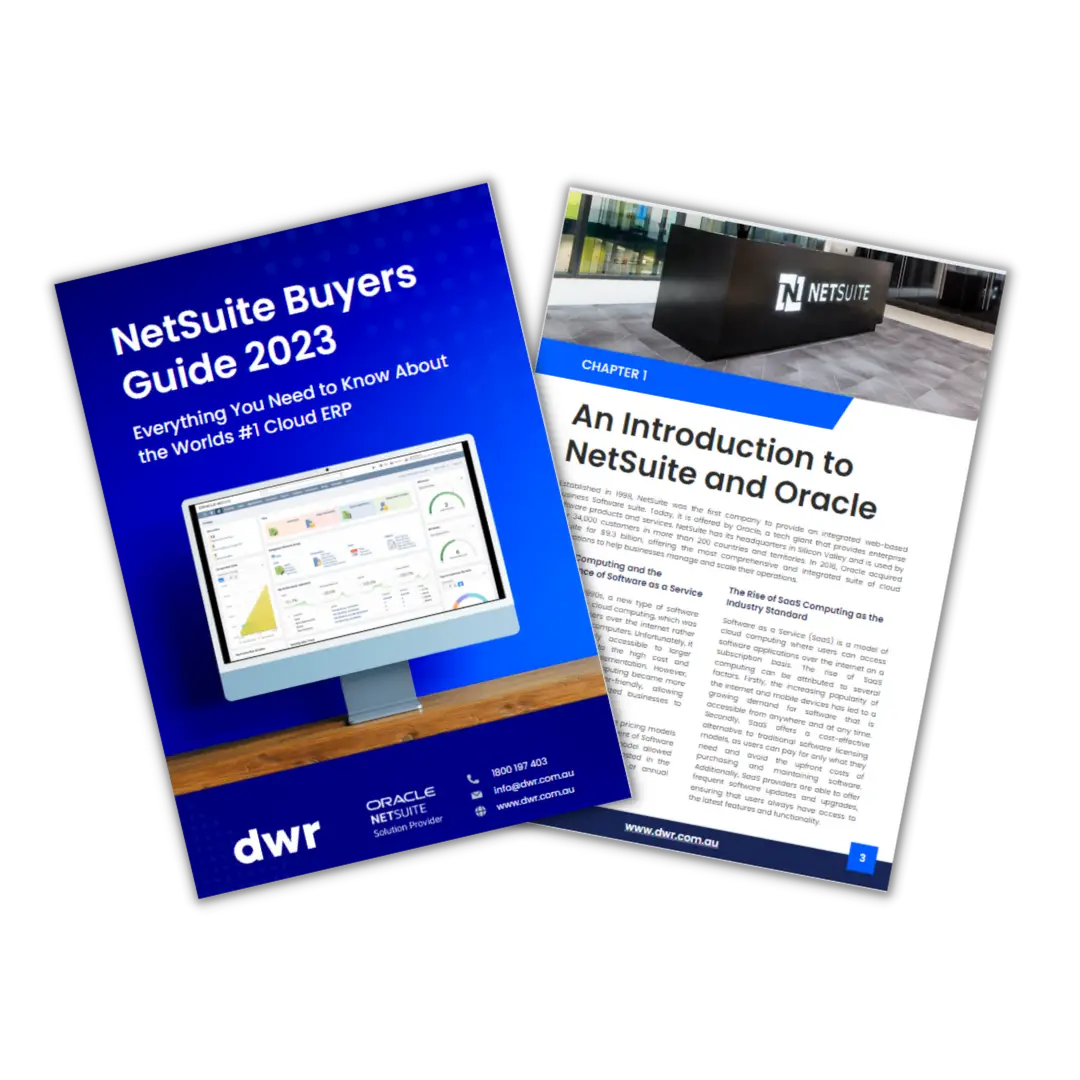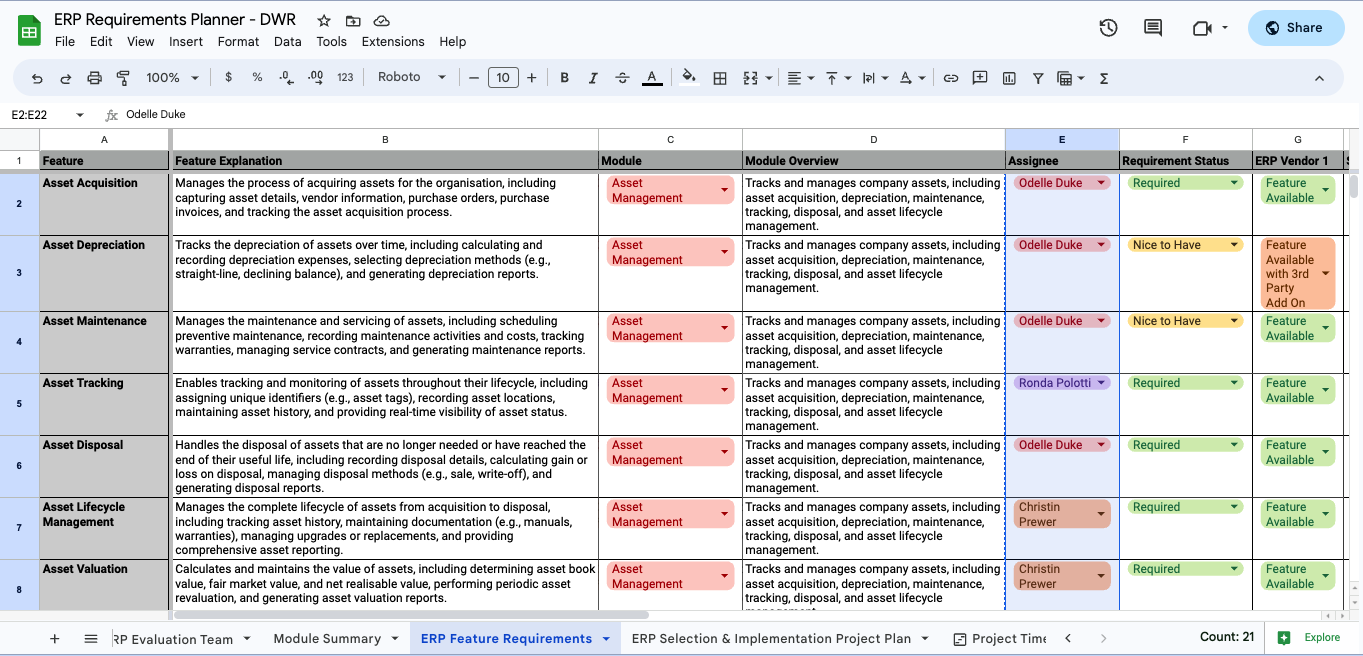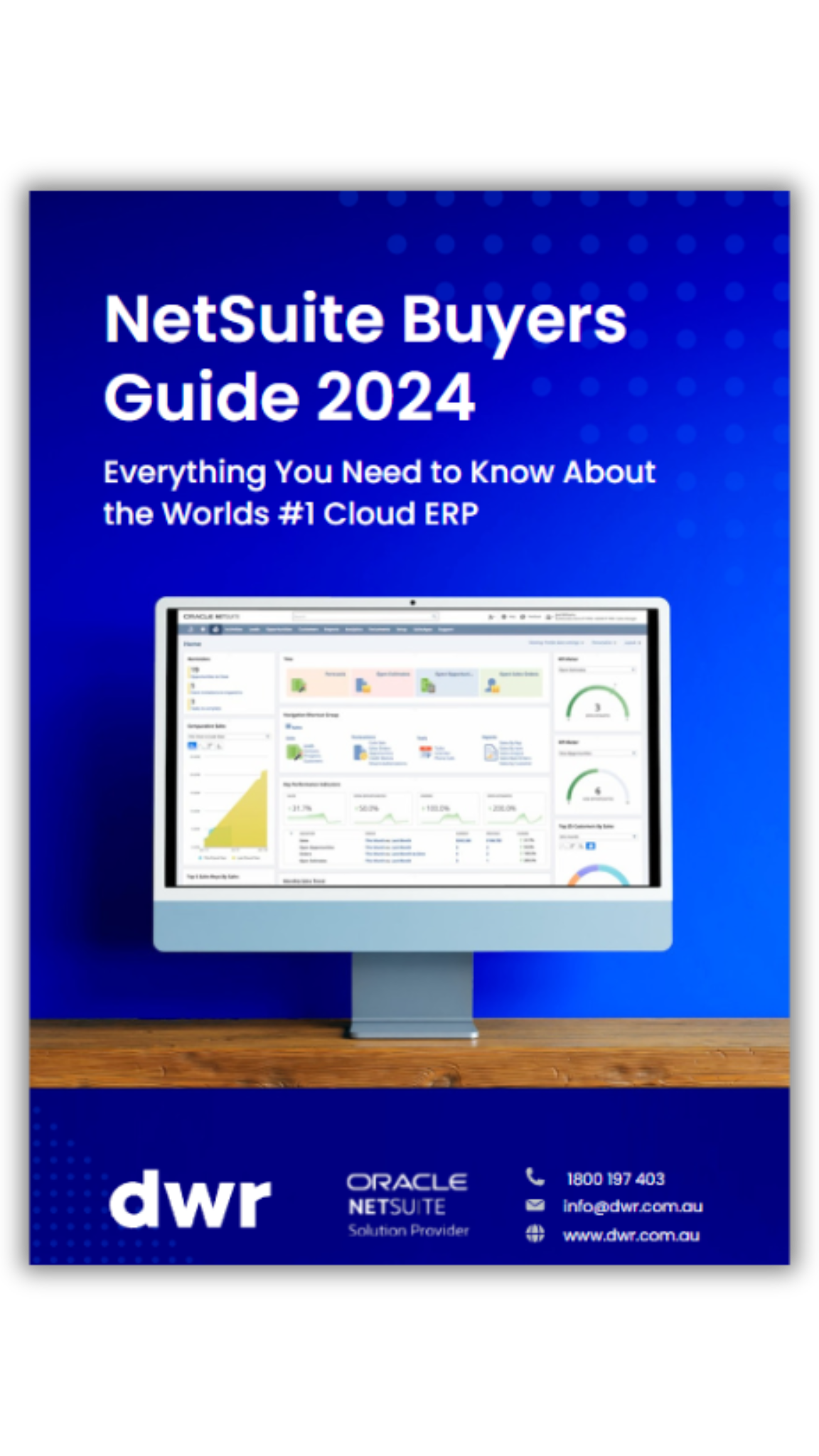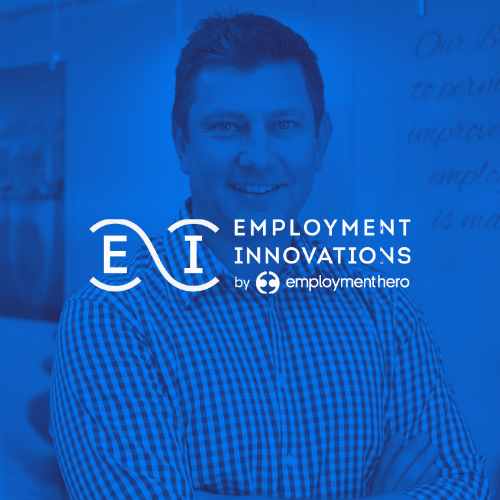How strong are your business' foundations?
In building construction, the foundation does the hard work. It must be strong enough to support the whole structure. And, it needs to withstand external forces such as the building's load and internal forces such as stresses placed on the structure.
Every business has external and internal forces acting against it.
Throughout COVID-19 many companies felt the load of restrictions and economic uncertainty adding stress to the business structure. However, those with solid foundations stood a much better chance against tumultuous conditions.
A company is built on its business management software, its processes, and its people. An ERP system links all of these aspects together to create a strong foundation for your business growth.
What is an ERP system?
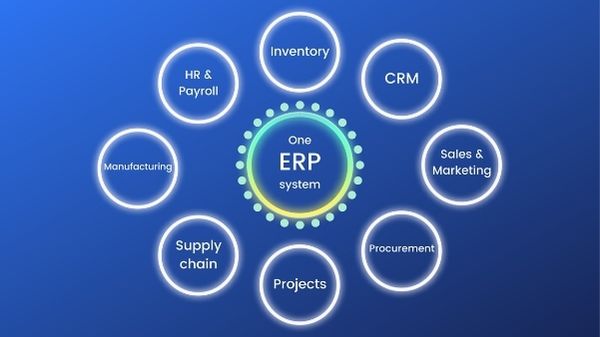
ERP software (Enterprise Resource Planning) isn't exactly a memorable acronym. The outcomes it creates, however, aren't easily forgotten. ERP is essentially business management software that helps companies become more scalable, mobile, and profitable. It gives you clarity across all business operations that leads to faster, more accurate decision-making.
How does ERP work?
ERP provides one back-end platform that brings together all core business functions. Inventory, CRM, sales and marketing, project management, HR, and more are managed within one business application. Cloud ERP options can also connect seamlessly via API to any external system, while still building the one source of truth for all critical business data. See our 90-second explainer video about ERP systems for more information.
The original problem solver
Companies running multiple, disconnected systems will recognise some of these common problems:
- Complex and disjointed processes begin to inhibit business growth
- Time is spent on manual, repetitive low-value tasks
- Financial decisions being made reactively on data that may be days or weeks old
- Difficulty anticipating demand and adjusting to fluctuations
- Poor visibility of the customer experience - and potential issues
How ERP solves business problems

When implemented correctly, an ERP system isn't another piece of software. Instead, it's a foundation for your business that creates a solid framework of flexible processes. ERP becomes the lens through which you can clearly see your business operations, what's working and what needs improvement.
The use of multiple systems often leads to disjointed processes. For example, sales follow one process, finance follows another, and so on. This process complexity becomes a significant roadblock when a company begins to scale its operations. Because an ERP system acts as the central source of truth, the implementation of company-wide best-practice processes happens during setup. With everyone on the same page, efficiency increases, and your company becomes quickly scalable.
If you're in the growth phase, you may also notice the amount of time spent on low-value, manual tasks. ERP reduces this by automating repetitive tasks throughout supply chain, finance, sales and marketing, and more. Read more about how a NetSuite ERP system can automate tasks across the business.
ERP also gives you valuable, future-focused insights. Knowledge is power, as they say, and these insights are what create strong business growth. Just a few of these to touch on include:
Financial insights
The faster you can identify any adverse trends or unexpected changes, the sooner you can switch gears to minimise the impact. An ERP system brings together data from across the business into one system. Financial data from all operations can be related and reported on to power more informed decision-making.
CFOs and finance staff gain live visibility on any number of financial reports, consolidated onto role-based dashboards. These reports can be adjusted to any timeframe and filtered to any criteria as needed. For example, how is profitability for NSW vs VIC? How about the costs associated with a department this month vs last month? It's all available at the click of a button. Reports can even be scheduled to arrive in an email inbox each morning to speed up your everyday workflow.
Stock and inventory insights

Control over warehouse operations is imperative for any growing business, and this is another area where ERP shines. With one system to understand sales demand, backorder and supply time, warehousing across multiple locations, and more, ERP brings control and visibility to make operations much more efficient. Purchasing, receipting, warehousing and sales demand all speak the same language with all information updated in real-time.
Live stock and warehouse performance information help you make fast decisions and stop potential stock-outs from happening. Stock differences between order and supply are also immediately visible, reducing the risk of impacting customer orders down the line.
The increased stock visibility lets you minimise the impact of unexpected changes. For example, when order demand fluctuates or supply delays happen, real-time reporting and tailored alerts help you react quickly. Automation also keeps you one step ahead with the ability to set min and max stock levels to manage supply better.
These features work together to improve warehouse operations, boost profitability and provide a better customer experience with faster supply times and fewer out-of-stock items.
Customer experience insights
Customers have more than one touchpoint with your company. It's therefore vital to understand the customer experience across all touchpoints and the feedback various departments may be given. ERP includes robust CRM (Customer Relationship Management) functionality that provides 360-degree tracking and reporting on customer activity and experiences.
Does your marketing team know when customers receive consistently excellent customer service and when to approach them for case studies? Does your sales team know the last NPS scoring or when a missing order might flag an opportunity to show some extra care? All departments gain much better insight into the customer experience with a centralised system - at all touchpoints. So your organisation knows, as a whole, what the customer experience looks like and how to continuously improve it.
Start building the right foundations now
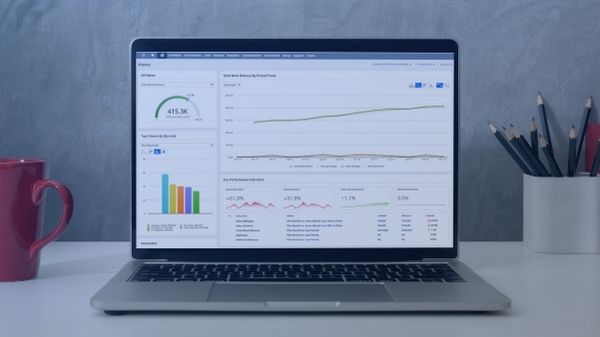
Everyone should be equipped to amplify their success; this starts with strong foundations to support continuous business growth. If you're re-evaluating the strength of your current business systems, it's the right time to consider ERP software.
It's easy to feel overwhelmed when researching new business systems. There are a lot of options out there and even a lot of ERP systems. NetSuite is one option that's used by over 26,000 customers worldwide and has 2 x local data centres in Australia. NetSuite is also an ERP solution with heavy ongoing investment by Oracle, which means continued improvements and development.
Regardless of the ERP platform you choose, the implementation process is critical to maximising value from your investment. There's no such thing as a "one size fits all" business model, so an ERP system should fit your individual business needs. The right technology partner for an ERP implementation will take the time to understand your current systems and processes and create a tailored implementation plan that's right for your company.
Take the next step to leap ahead
DWR delivers the tools to amplify success; by bringing the right ERP technology, process framework, and team of business experts together.
Take the next step now and have a chat with an ERP expert about your individual business needs.
.svg)

.avif)
















